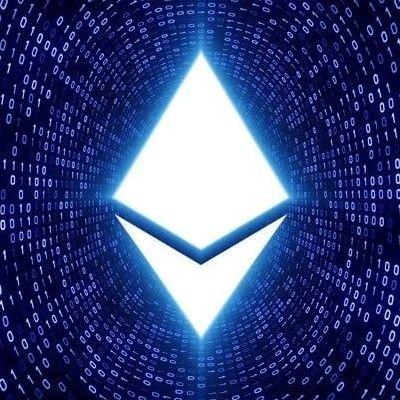Integrating DeFi and Banking: Key Challenges
DeFi is disrupting and recreating traditional financial systems, like banks and stock exchanges, with blockchain technology and cryptocurrency.
Written by Luis Paradela|Posted on December 13, 2021

With DeFi, anyone can access financial products, like loans, that before they could only access through banks, brokerages, and other financial institutions. Put simply, DeFi is a peer-to-peer financial system that omits the middleman and runs on software alone.
While DeFi offers tremendous benefits to institutional investors and individual investors, there are some challenges when it comes to merging DeFi with banking protocols.
How is DeFi Cryptocurrency Different from Traditional Banking Protocols?
With traditional banks and financial institutions, borrowers are required to comply with barriers to entry, such as credit score and income. In contrast, DeFi operates without a central banking service that exercises authority and control over transactions. DeFi applications are most commonly used for borrowing and lending, and, today, the most commonly used borrowing and lending protocol is the Compound crypto token. But there are a multitude of options for using DeFi that are much more complex; for example, becoming a liquidity provider to a decentralized exchange.
While DeFi lending does include interest rates and barriers to entry, they are generally much more attractive than those of traditional banks. For example, in order to take out a DeFi loan, users can provide crypto assets, such as NFTs(non-fungible tokens), as collateral.
What Are the Challenges of Combining DeFi Software with Banking Protocols?
Given the nature of DeFi platforms, there are several technological and compliance challenges associated with operating DeFi with banking protocols, including:
Making DeFi Integrations Secure
Smart contracts are based on logic created with code that carries out a set of instructions on the blockchain interpreter. Smart contracts are the core for DeFi applications to run. Any error in those pieces of code can potentially represent weaknesses within a DeFi protocol. This is usually prevented with an auditory from a specialized firm in the market that performs a full QA of the smart contracts and confirms if it is ready and secure for a production environment.
Making DeFi Integrations Fully Transactional
Currently, DeFi blockchains are unable to handle large volumes of transactions. For example, Ethereum, the most popular DeFi blockchain, can only manage approximately 13 transactions per second, while Visa can manage approximately 1,700 transactions per second. The amount of computing it takes to conduct transactions on the blockchain drives up fees, consumes large quantities of energy, and bogs down the network, causing transaction delays. DeFi needs to find a solution to latency in order to achieve nearly-instantaneous transactions and therefore to be integrated into centralized finance.
Compatibility with Banking Compliance and Regulations
Lack of regulations in the DeFi sector means that borrowers and lenders do not have the same protection as they do with intermediaries that do comply with government regulations. There is no risk management and there is no protection against loss of funds.
Selecting the Right Blockchain
When choosing which blockchain to use for crypto DeFi integrations, consider the following criteria:
- Who are the big-name players that control it?
- Is there a large community of consumers using it?
- Is there a large volume of transactions occurring on it?
Assembling the Right Team
To successfully integrate DeFi software with banking protocols, you’ll need to assemble an experienced and knowledgeable team. Your team should consist of a blockchain architect, integration engineers, and QA engineers who are specialized in DeFi/exchange/bank-integrated platforms.
DeFi Software Development and Integrations at AccelOne
At AccelOne, we’re experienced in creating integrations with exchanges, banks, and DeFi for managed wallets and trading platforms. A key factor in successful integrations is proven previous experience and success from well-established players In the market.
To learn more about how we can help you achieve your goals for DeFi integrations with our nearshore software development team or to schedule a consultation, contact us online or call 800.863.6814.

Luis Paradela
Chief Development Officer
Co-Founder
Buenos Aires
View profile